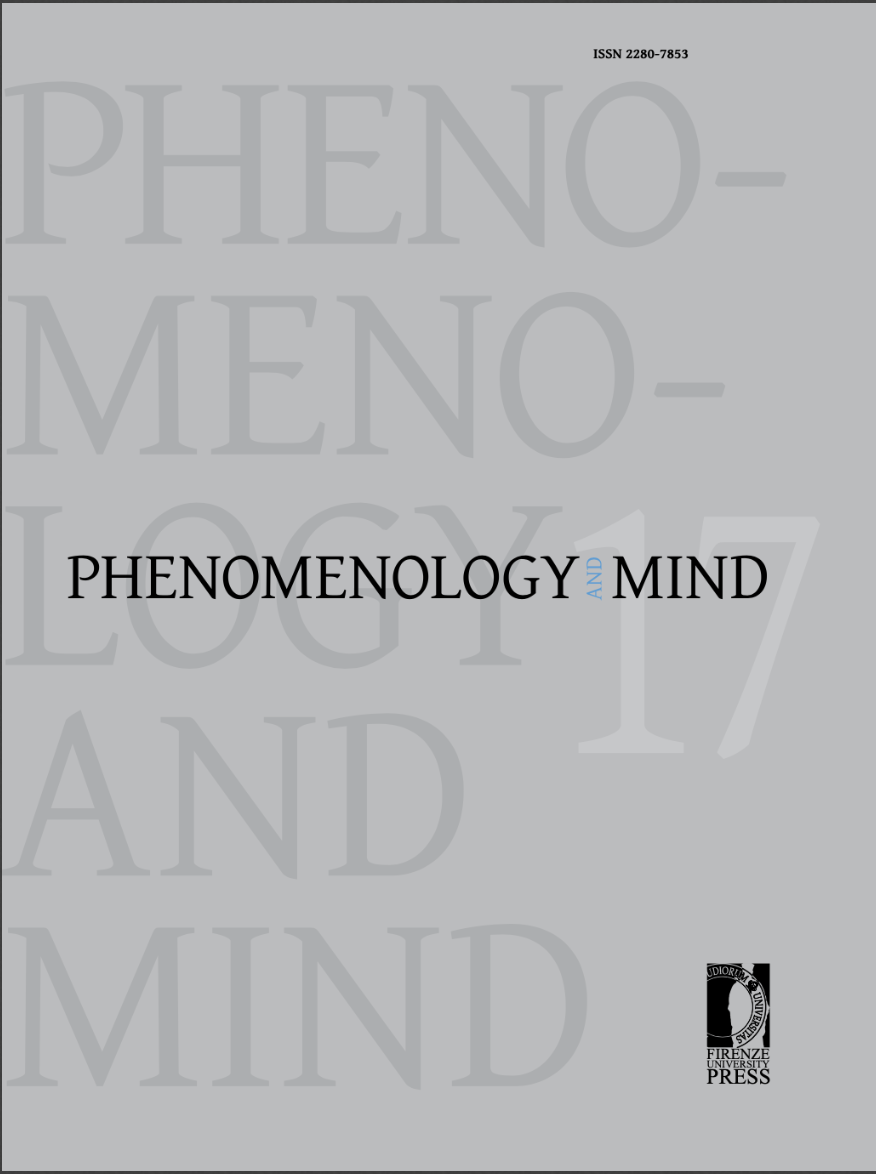Published 2016-11-26
Keywords
- habit,
- types,
- Bourdieu,
- creativity
How to Cite
Abstract
How is social creativity linked to habitual dispositions? This paper critiques Bourdieu’s answer to this question, which is related to his theory of habitus, against the background of its phenomenological evidences. His concept of habitual dispositions seems to be linked both to an internalisation of the performativity of habits as a form of Kantian schematism (in Husserlian terms: ‘noetization’), and to a static concept of the social environment, which is never analysed in its own dynamic structural relation to the life of the bearer of habits. Through the genetic-phenomenological distinction between habits as noetic dispositions and types as noematic schemes, the paper seeks to show that the social environment cannot be presupposed as a given field of social objectivities and norms that are stabilized by internalized habitual dispositions, but should instead be seen as an enactively framed habitat. When we further distinguish between passive and active habitualities, their intertwining comes to the fore, showing how in taking a position in relation to its own cultural environment the subject finds in the hiatus between disposition and the disposed leeway for a relative framework of spontaneity and personal cultivation, a space allowing for individual and, ultimately, social creativity that is absent from Bourdieu’s account.

